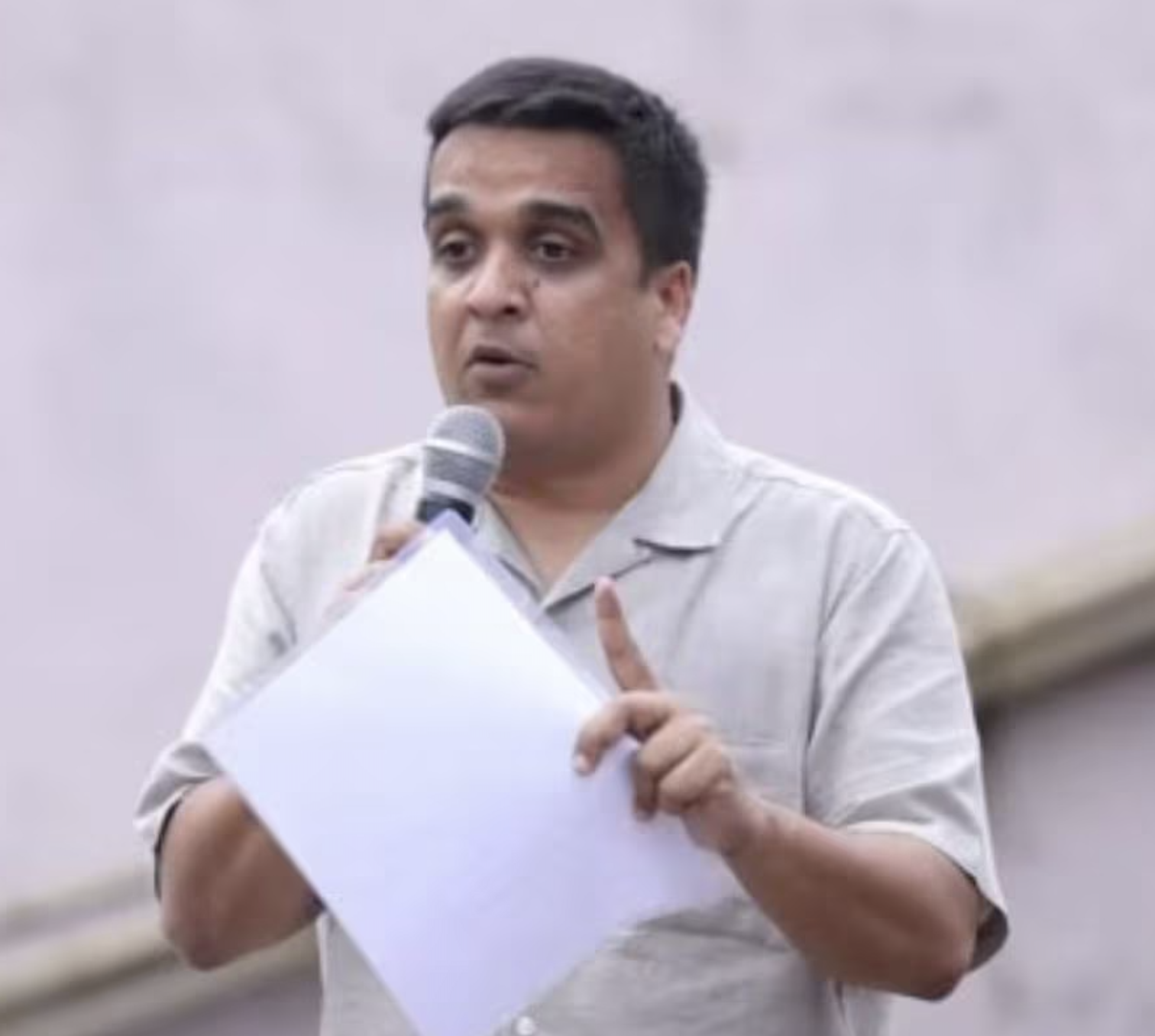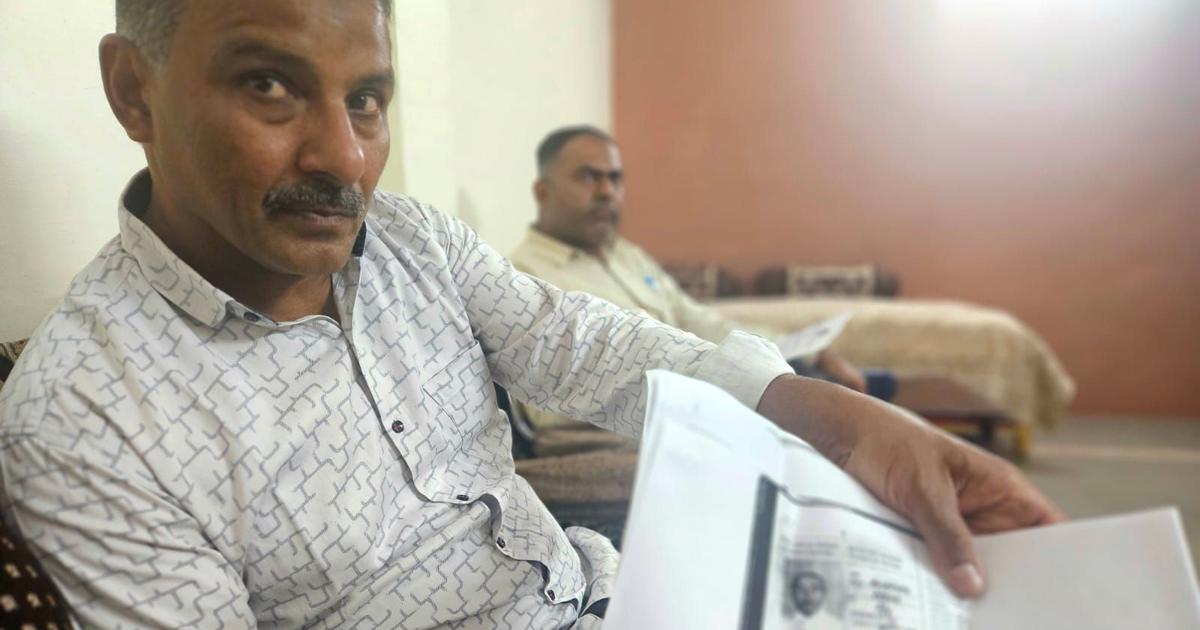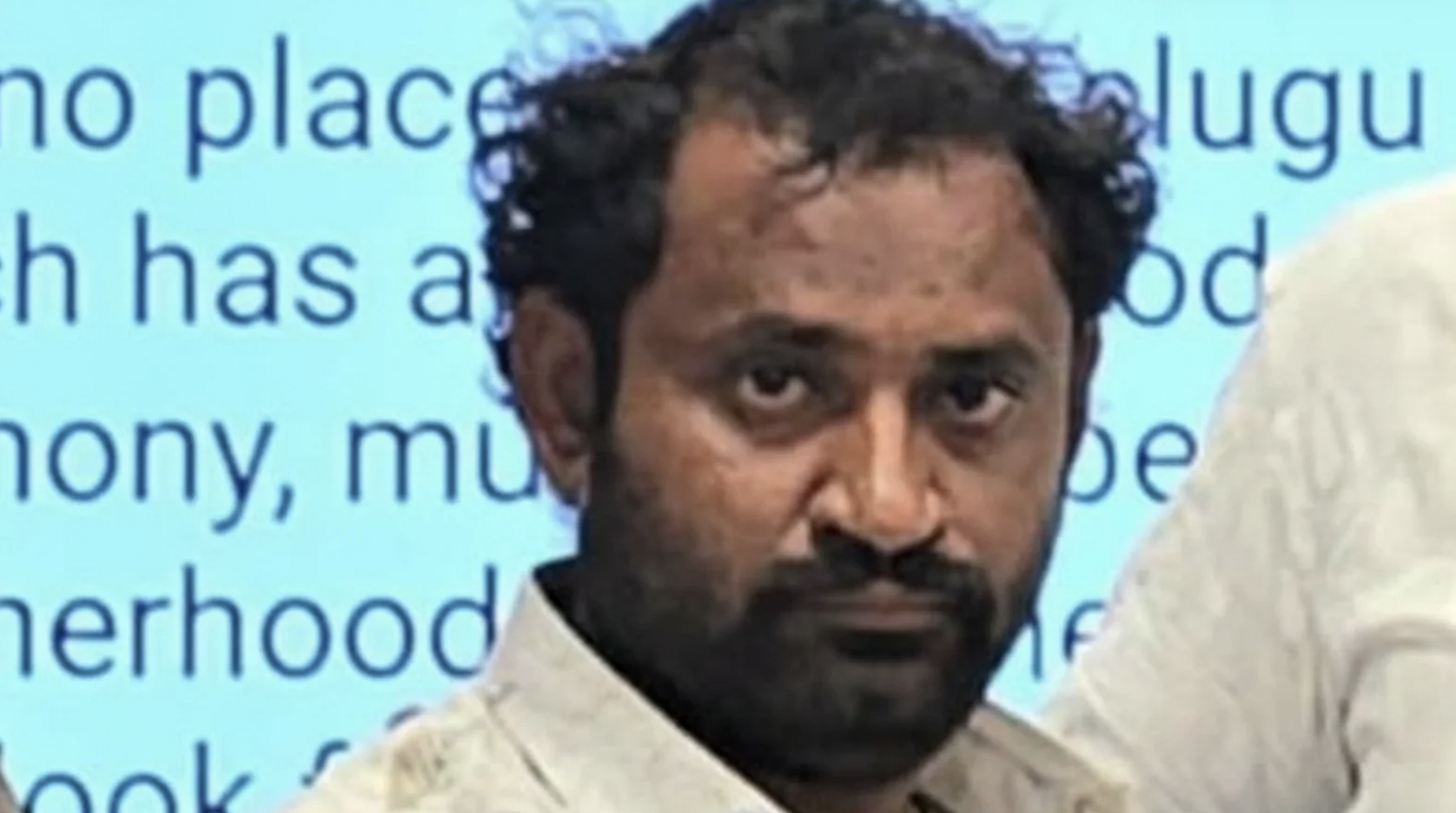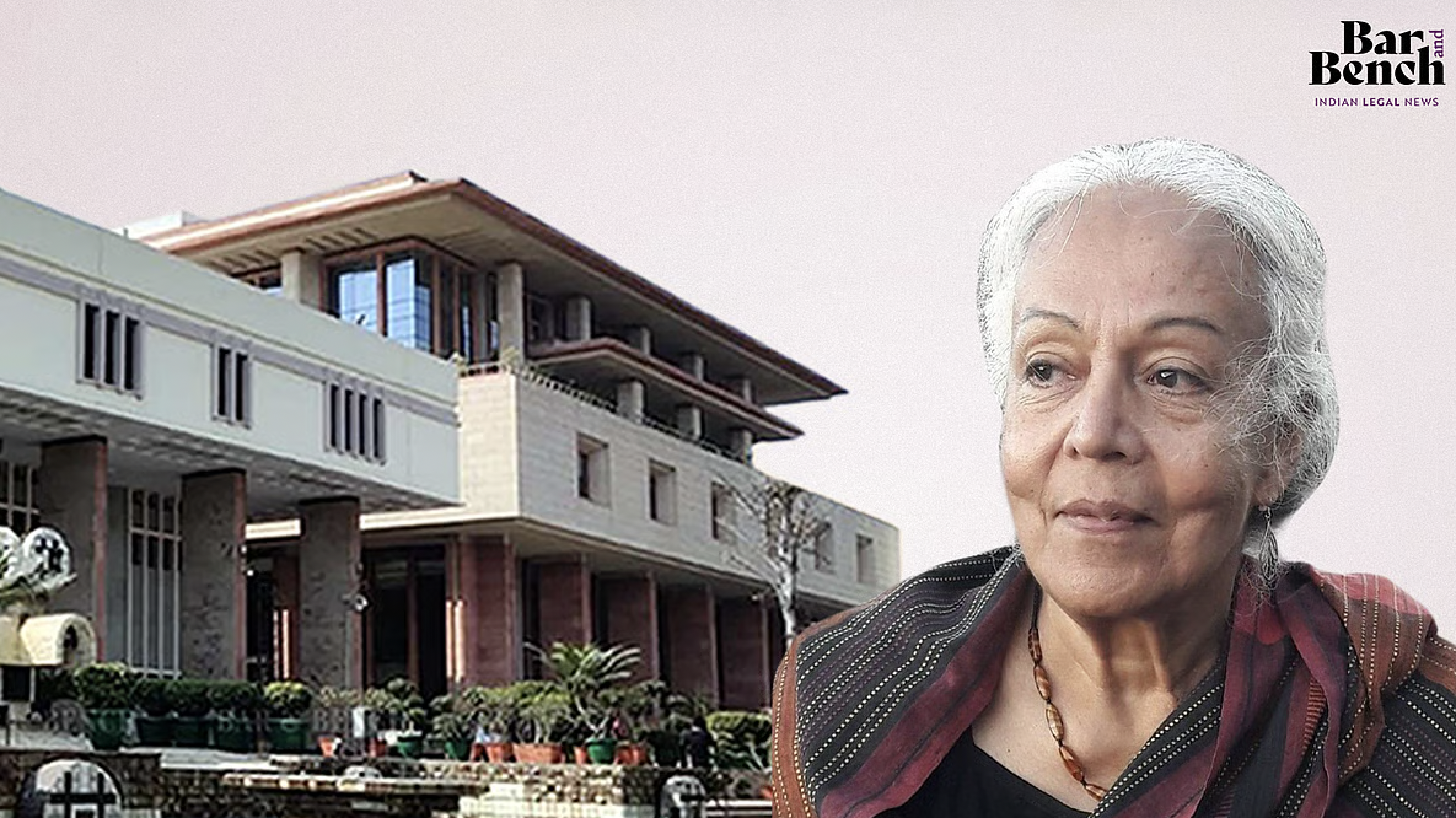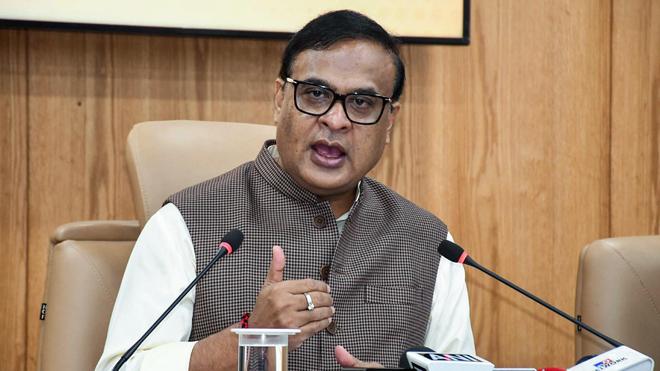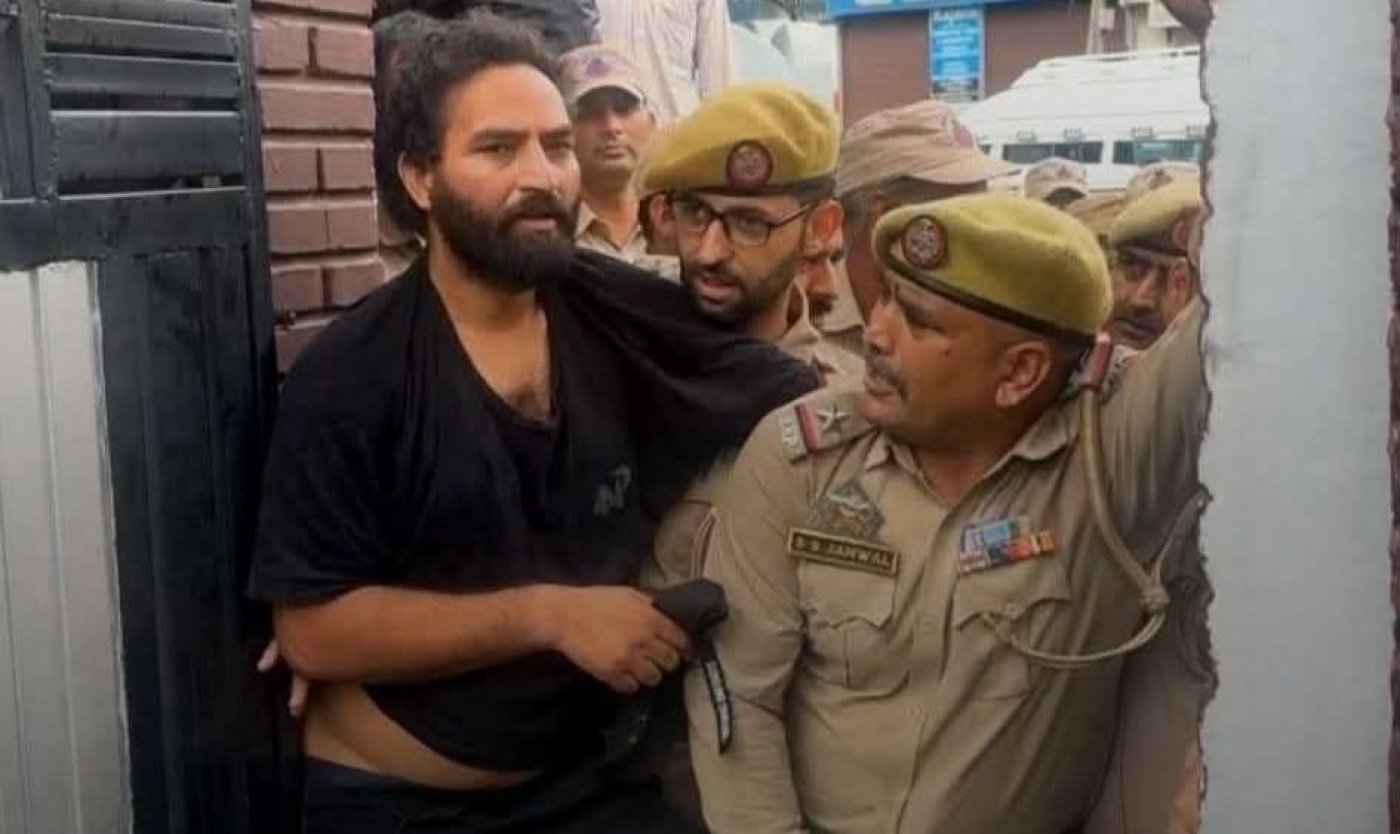
By Irshad Hussain And Qazi Shibli
Doda, Jammu and Kashmir: On 6 September 2025, a heated confrontation in Doda district of Jammu and Kashmir (J&K) between Aam Aadmi Party (AAP) legislator Mehraj Malik and the deputy commissioner (DC), Harvinder Singh, over the relocation of a health sub-centre escalated into an unprecedented political episode.
The confrontation began when Malik shifted a health sub-centre in Kencha, a small village in Malik’s constituency, to a building allegedly owned by one of his supporters. Malik argued that the structure was safer and more accessible for villagers. Officials said the demand amounted to misuse of public resources, as they would be required to pay rent to the owner, unlike in the old building, which the government owned.
Malik reportedly used abusive language against the DC while protesting the health department’s failure to pay rent to the villager on whose property he relocated the sub-centre to.
An FIR (first information report) was registered against him at the Gandoh police station for theft of hospital equipment, though he said the health centre’s relocation had public backing.
Within hours of the incident, officials prepared a 33-page dossier against the 37-year-old lawmaker, citing his “habitual confrontation” with officers and his use of social media to “provoke unrest.” The dossier accused him of being a “history sheeter” who had “turned political activism into disorder”, saying he leads villagers into government offices, holds sit-ins, and storms official meetings.
Two days later, on 8 September, Malik was detained under the J&K Public Safety Act (PSA), 1978, a law that allows detention without trial for up to two years. His detention became a new flashpoint in post-abrogation politics, with Mehraj Malik becoming the first sitting legislator in the erstwhile state and now union territory to be booked under preventive detention.
On 24 September 2025, Mehraj Malik filed a habeas corpus petition before the J&K and Ladakh High Court, challenging his detention. The petition described the detention as “punitive, not preventive, rooted in political vendetta rather than legitimate concern.”
Advocate Mujeeb U Rehman, from Anantnag in J&K, who has closely followed the case, said, “The case reflects the tension between administrative authority and civil liberties in Jammu & Kashmir.”
This story was originally published in article-14.com. Read the full story here.


